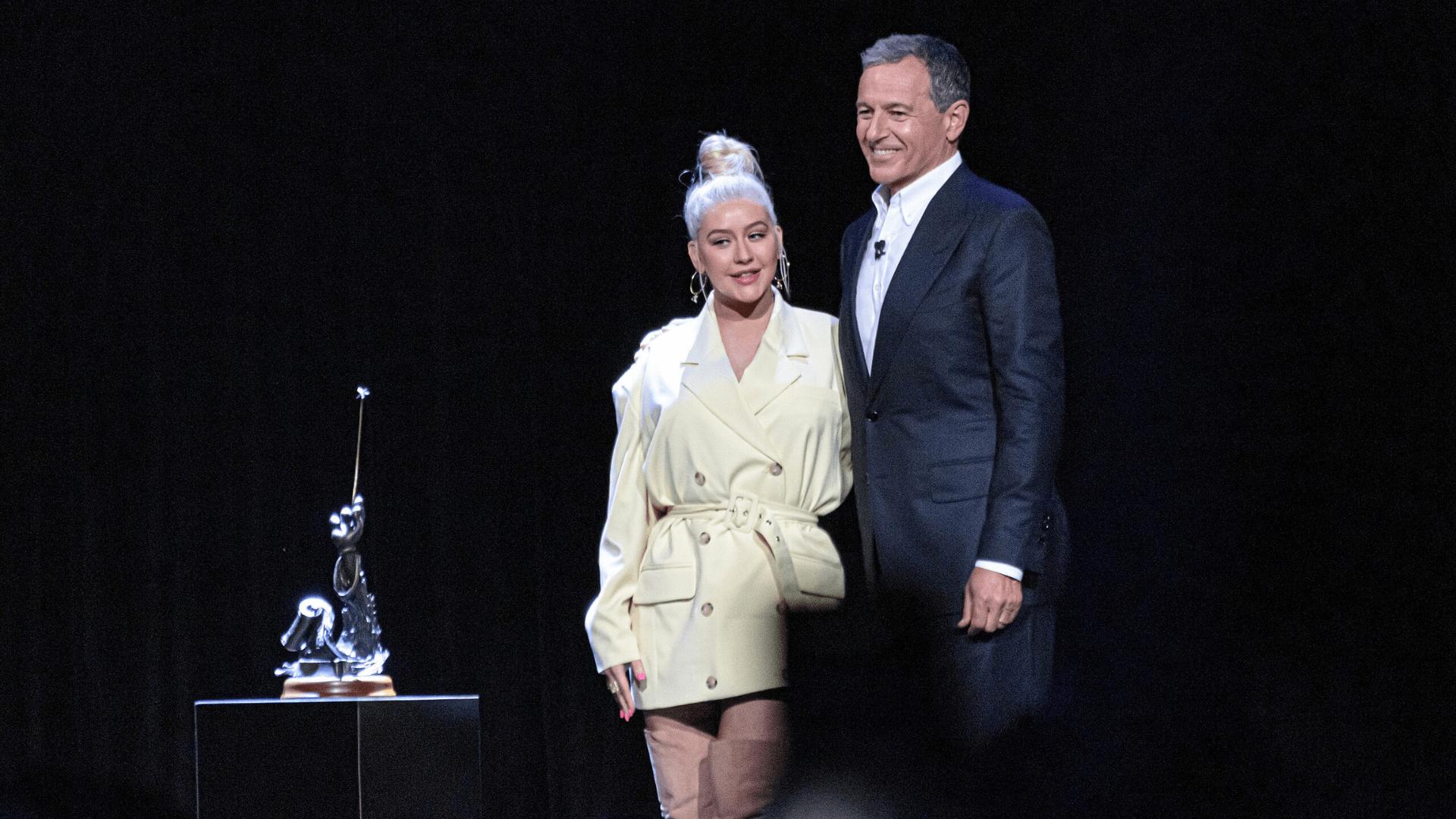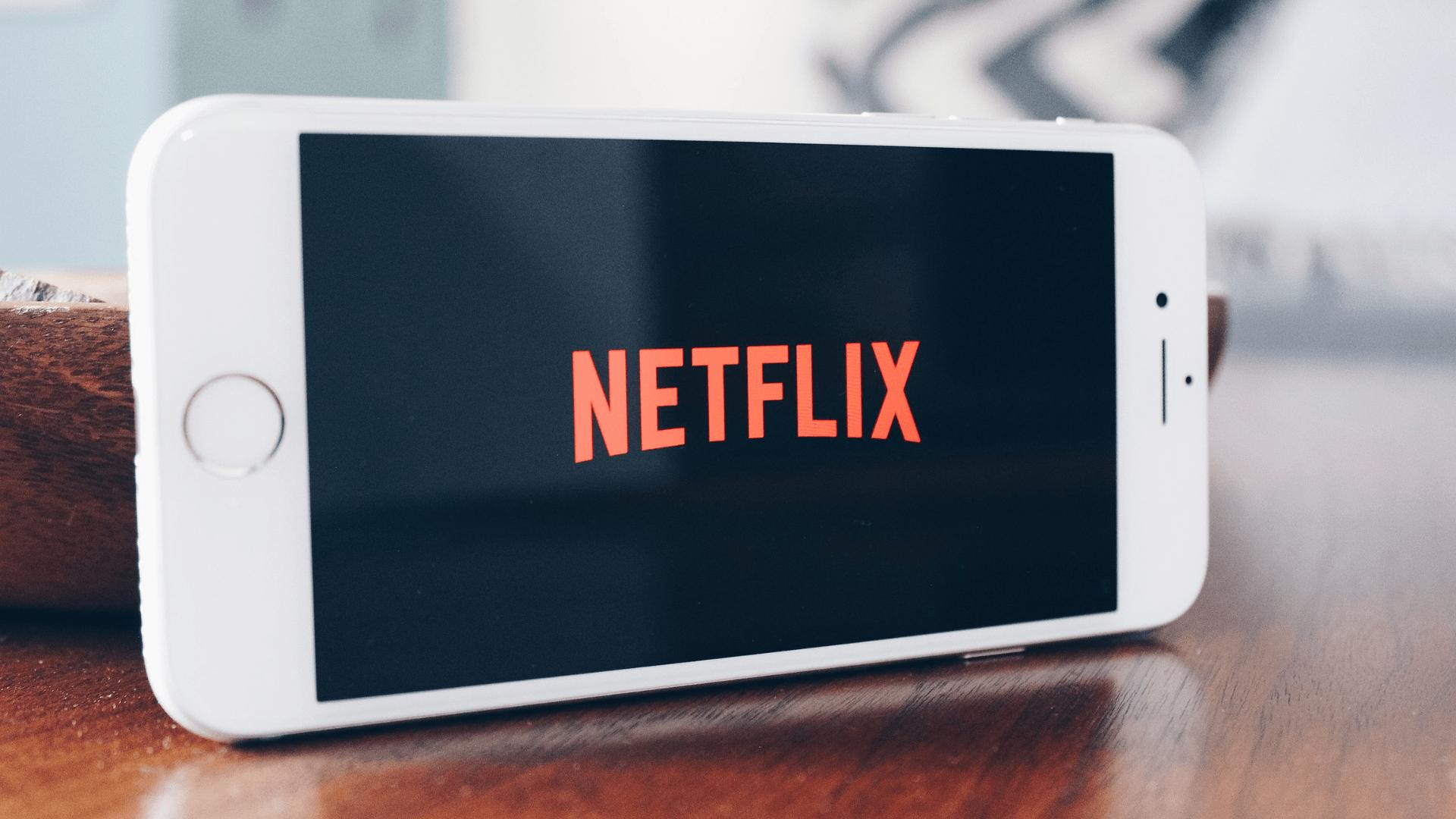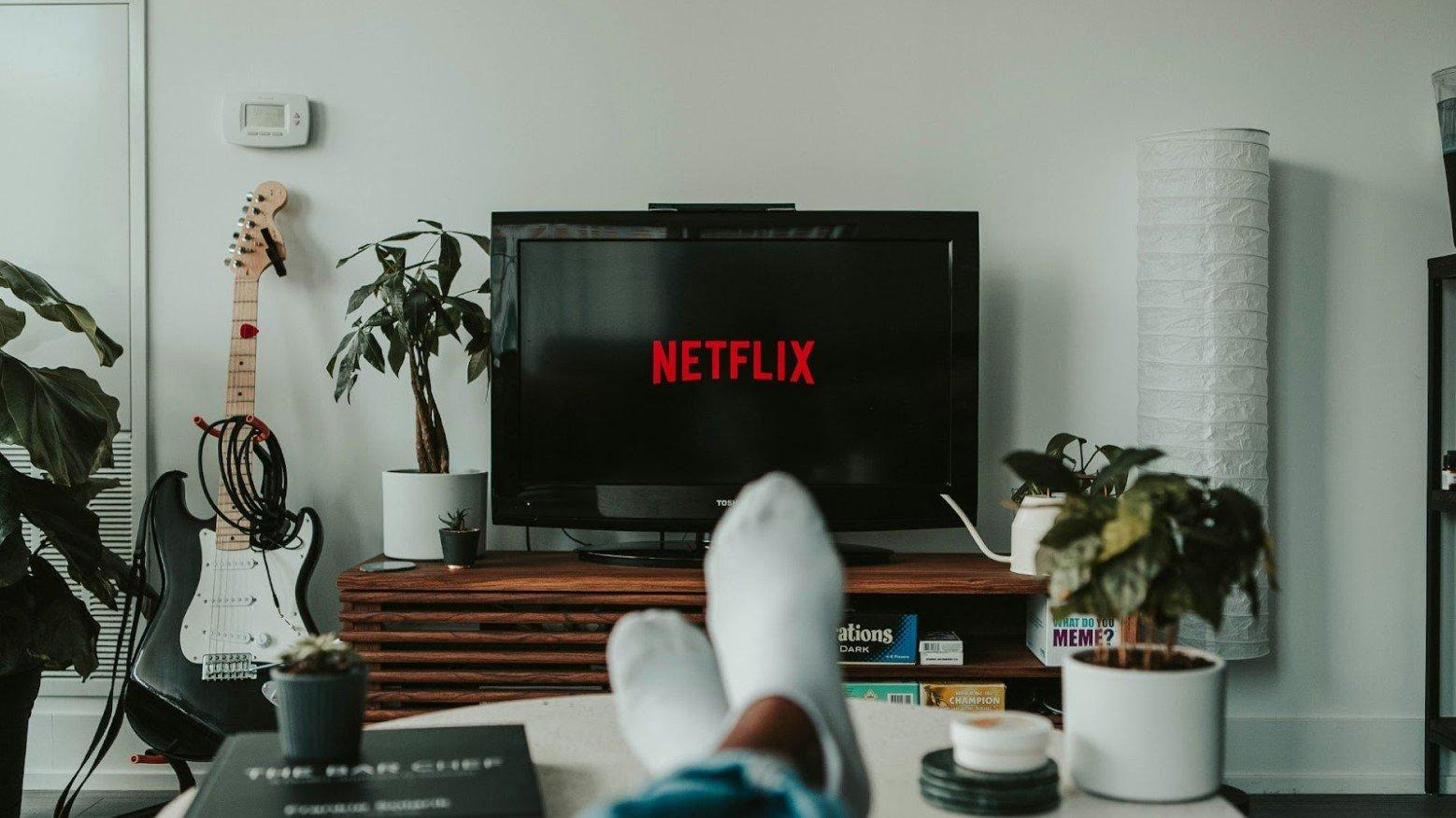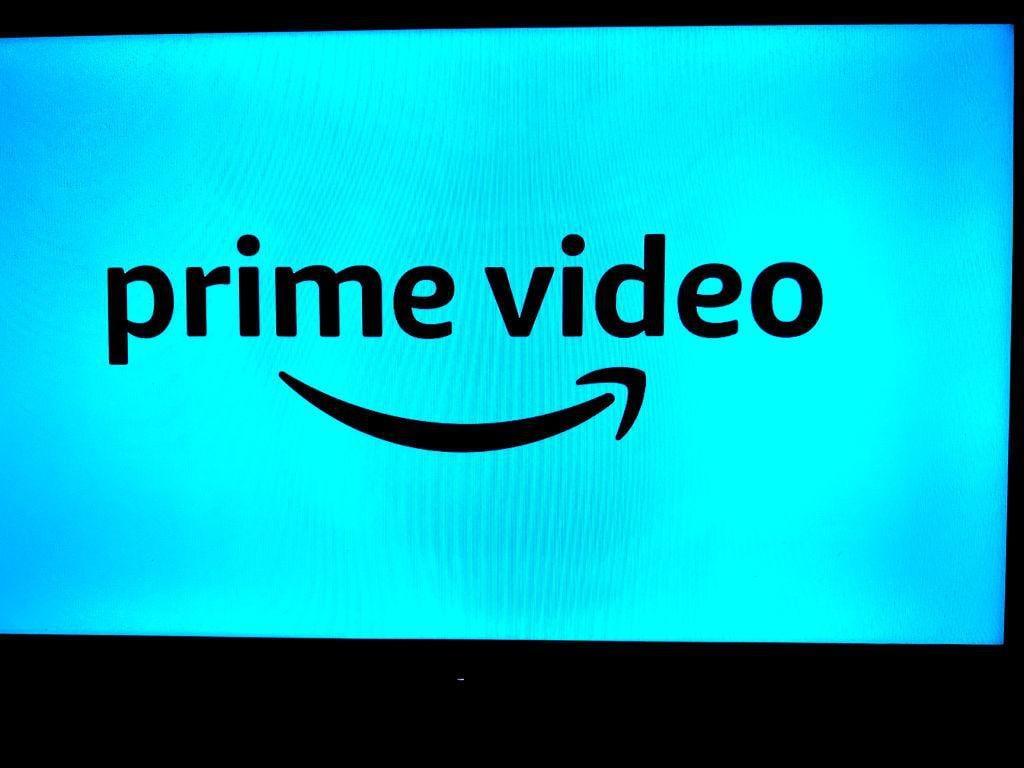Disney CEO Bob Iger has announced that the Walt Disney Company’s streaming service, Disney+, will start cracking down on password sharing.
The company’s streaming service will limit accounts to people living inside the account holder’s home, echoing Netflix’s shift last year, which subscribers highly criticized but made the streaming service money.
Disney CEO Ends Password Sharing

In an interview with CNBC, Iger announced that Disney is “launching [its] first real foray into password sharing” sometime this June.
The rollout will affect a few countries in the streaming market, but Iger did not specify which countries. Instead, Iger mentioned when the widespread password crackdown will affect all subscribers.
Password Sharing Ends in June

This announcement comes only a week after Disney combined the Disney+ and Hulu apps in the United States following the company’s purchase of the remaining ownership stake of Hulu from Comcast last year.
Updating Users

In the newly updated subscriber agreements for Hulu, users “may not share [their] subscription outside of [their] household.” This definition of a ‘household’ encapsulates the collection of devices associated with users’ primary residence, exclusively used by those residing within.
Disney echoed this update with their updated subscriber agreements, and there are a few ways that they can monitor who is and isn’t in the same household.
How to Share Disney+ With Others

Like Netflix, Disney’s new password rules will allow you to add individuals outside your household for an additional fee. The “freeloader” fee has not been announced as of writing.
Streaming prices are constantly on the rise as they are attempting to find subscribers in a crowded market.
Disney Follows In Netflix’s Footsteps

When Netflix announced its plans to crack down on password sharing, there was a fair amount of skepticism, especially since the company seemed to support password sharing for years.
Many users announced that they were not going to get a new account, and it became clear that Netflix’s password-sharing ban was a profitable move for the streaming giant.
Netflix Made Money With Its Password Crackdown

According to Forbes, Netflix announced that it had gained 9 million new subscribers several months after ending password sharing in the U.S. “We’ve now successfully taken action in every region in which we operate and we’re rolling it out as planned,” Netflix said.
Translated into the venue, Netflix reported that they made $8.5 billion for the third quarter of 2023, which was an eight percent increase compared to 2022.
A Cheaper Option

While not everyone can afford the more expensive, ad-free Netflix plan, Netflix offers a cheaper, ad-supported tier that allows viewers to indulge in all of their favorite shows.
“The cancel reaction continues to be low, exceeding our expectations, and borrower households converting into full paying memberships are demonstrating healthy retention,” Netflix said.
Netflix Promises to Optimize Streaming Despite Changes

“Going forward, we’ll continue to refine and optimize our approach to convert additional borrower households into either full-paying members or extra members over the next several quarters,” the streaming giant said.
Unfortunately, these changes tend to look like higher fees for bloated libraries of content that many of us do not watch.
The Linger Effects of the Streaming Bubble Burst

While the streaming bubble has popped for many, streaming giants like Netflix and Disney are doing what they can to be profitable forms of at-home entertainment.
Netflix’s password crackdown proved to be a smart business move, one that Iger is eager to emulate in order to make Disney+ a profitable and investable service.
Is Disney+ Worth It?

While Disney+ is one of the best streaming services available (thanks to Hulu’s content being available on the family-friendly service and the company’s most popular brands like Marvel, “Star Wars,” and Pixar), not everyone can afford the service.
Luckily, there are several ways that consumers can watch their favorite shows and movies without breaking the bank.
The Future of Disney+

While these changes to our favorite streaming services are not ideal, streaming is a business with a lot of ups and downs. Earlier this year, Disney followed Warner Bros. Discovery CEO David Zaslav’s steps by removing original movies and series.
Unfortunately, Disney seems to be asking a lot from subscribers while not respecting the art we enjoy. Will you keep your account, or is this the end of Disney+ for you? Let us know in the comments!
Impact on Multi-Generational Homes

Disney+’s new password rules will change how multi-generational families watch content. Grandparents, parents, and children often share accounts, but now they’ll need separate subscriptions.
This shift could lead to less shared family time and increased costs, altering viewing habits and potentially decreasing the platform’s usage within extended families.
Adjusting to New Viewing Patterns

Families might need to adjust their viewing patterns due to the crackdown. Scheduling specific times for individual watching or investing in additional subscriptions are potential solutions.
These changes could impact the spontaneity of family movie nights and alter the traditional family entertainment dynamic, making viewing more segmented and less communal.
Privacy Concerns with Monitoring

Disney+’s method of monitoring household accounts raises significant privacy concerns. Users may feel uncomfortable with the extent of data collection required to enforce the new rules.
This could include tracking device locations and usage patterns, leading to potential backlash over perceived invasions of privacy and increased scrutiny from privacy advocates.
Potential Legal Challenges

The new password policies might face legal challenges in certain jurisdictions. Consumer rights groups could argue that these policies unfairly restrict account usage and violate consumer protection laws.
Legal battles could ensue, questioning the fairness and legality of enforcing such stringent rules on shared subscriptions.
Projected Revenue Boost

Disney+ expects a revenue boost from the password crackdown, similar to Netflix’s experience. By converting freeloaders into paying subscribers, Disney+ aims to increase its subscriber base and revenue.
This certainly could result in a significant uptick in profits, contributing to the platform’s long-term financial stability and growth in the competitive streaming market.
Potential Subscriber Loss

That said, despite anticipated revenue gains, there’s a risk of losing subscribers unhappy with the new rules. Some users might cancel their subscriptions out of frustration, leading to a temporary dip in numbers.
Disney+ must balance enforcement with customer satisfaction to minimize churn and maintain a positive user experience while boosting profits.
Emergence of Subscription-Sharing Services

Users are finding creative ways to adapt to Disney+’s password-sharing ban. Subscription-sharing services such as Netflix, where users split costs with strangers, are nothing new.
These services help users save money while still accessing their favorite content, showcasing the resilience and adaptability of consumers in response to stricter streaming policies.
Increased Account Management

Many users are taking a more proactive approach to managing their accounts. They are setting clear boundaries within their households to ensure compliance with the new rules.
By designating primary and secondary users and regularly updating device lists, subscribers can avoid disruptions and continue enjoying Disney+ content without violating the terms of service.
Industry-Wide Implications

Disney+’s password-sharing crackdown sets a precedent for the streaming industry. Other platforms may follow suit, implementing similar measures to curb account sharing.
This trend could lead to industry-wide changes, affecting how consumers interact with streaming services and potentially driving a shift towards more individualized subscription models.
Competitive Responses

Competitors like Amazon Prime Video and HBO Max might adjust their strategies in response to Disney+’s and Netflix’s moves. They could enhance their offerings, introduce more flexible sharing options, or implement their own crackdowns.
The industry’s competitive landscape will evolve as each service strives to balance profitability with customer satisfaction and retention.
Enhanced Content Offerings

To retain subscribers amidst the password policy changes, Disney+ is likely to enhance its content offerings — at least, it should.
By investing in exclusive shows, movies, and live events, the platform can provide additional value to justify the new rules. This strategy would aim to keep existing subscribers engaged and attract new ones despite the crackdown.
Customer Loyalty Programs

Disney+ could introduce customer loyalty programs to mitigate subscriber loss. Offering discounts, special perks, and early access to new content can help retain users.
By rewarding loyal subscribers, Disney+ can foster a sense of appreciation and maintain a positive relationship with its audience, encouraging them to stay despite the changes.

